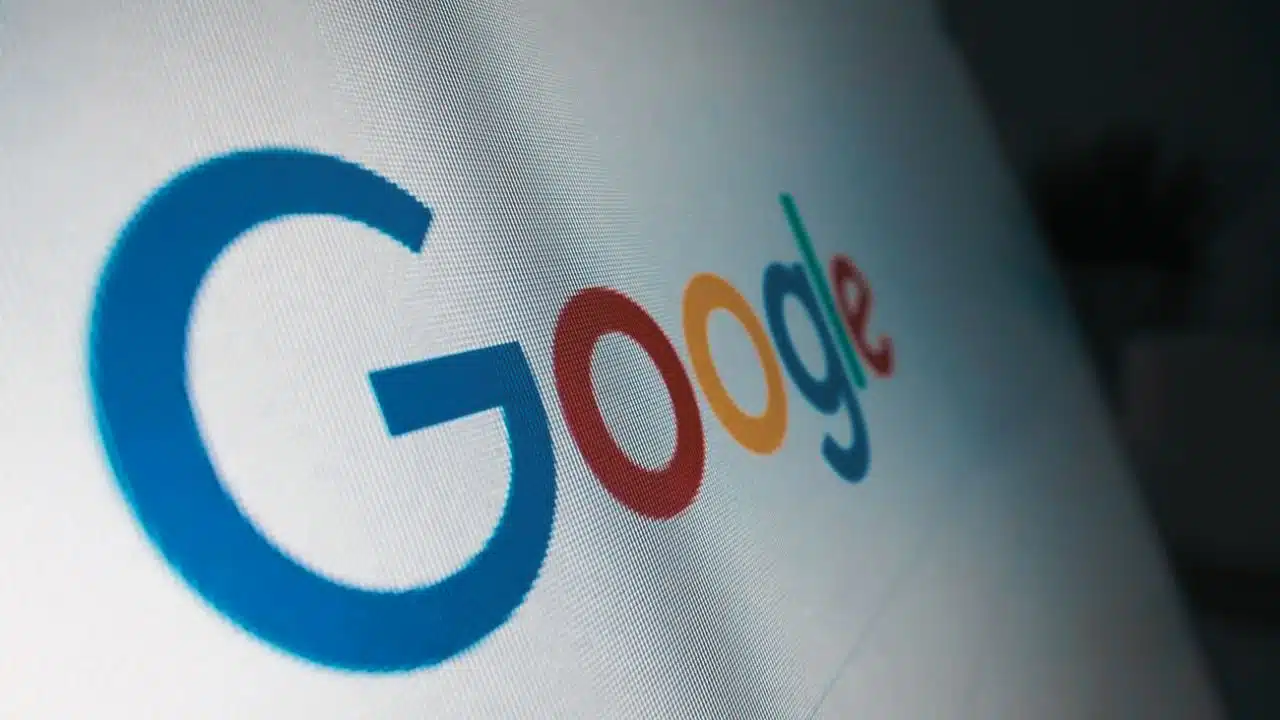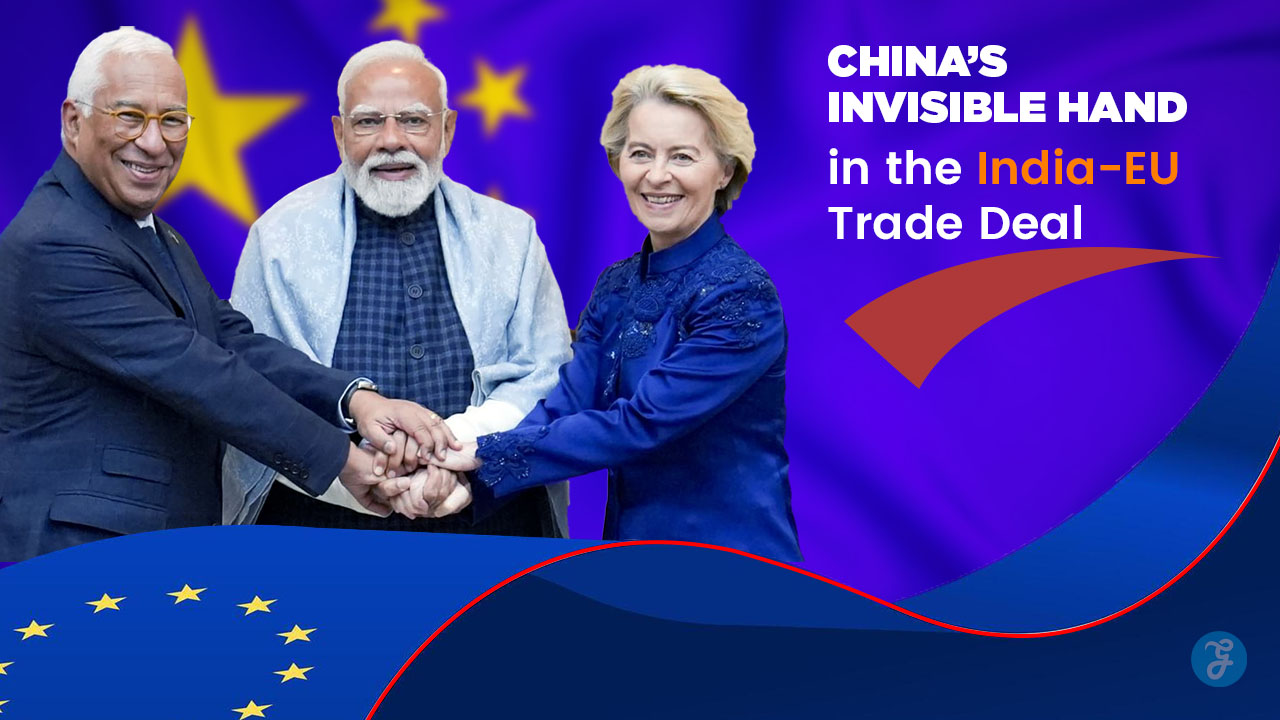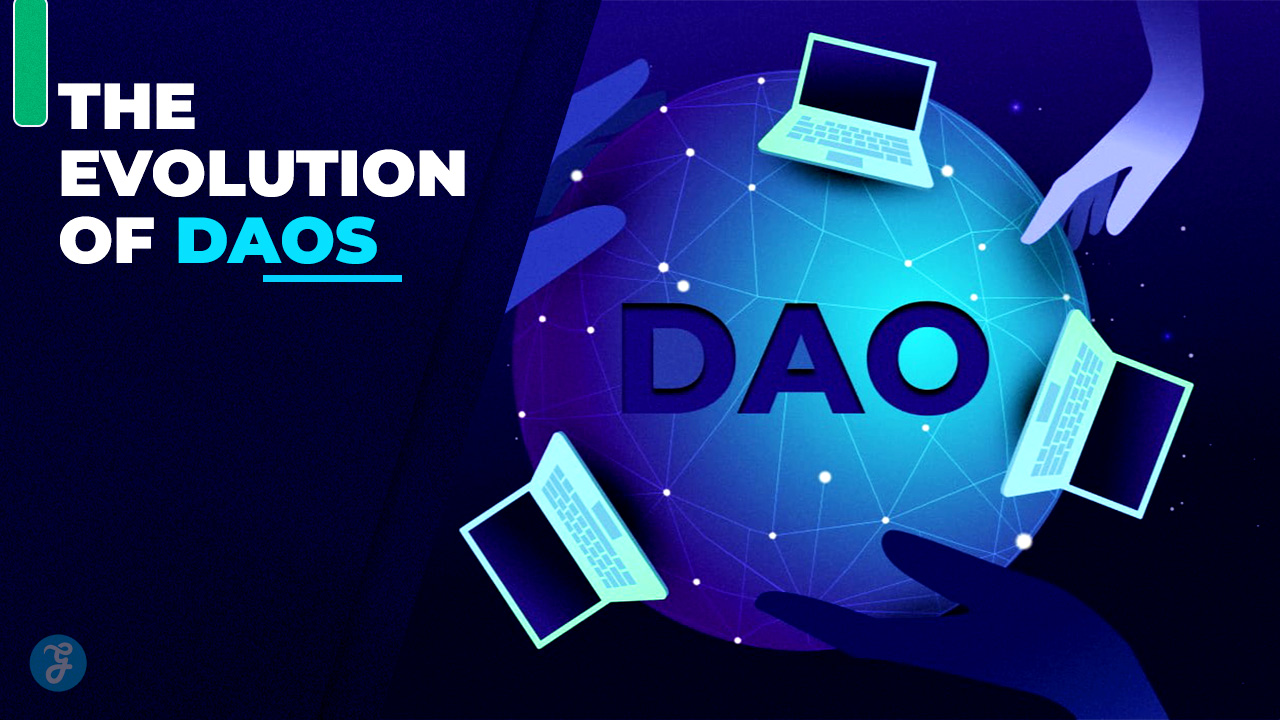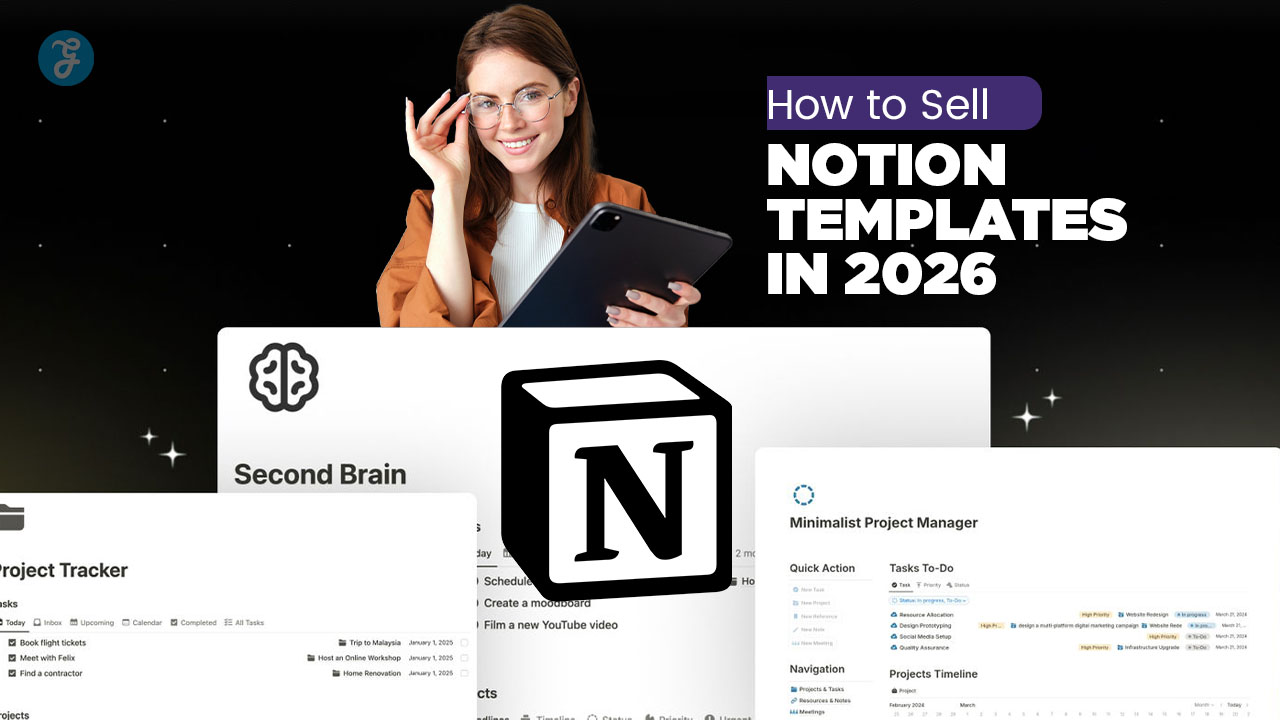Google celebrated its 26th anniversary on September 27, 2024. From its humble beginnings as a research project to its evolution into a tech giant, Google has profoundly impacted how we access and interact with information.
This article explores the history behind Google’s creation, its mission, and its ownership today.
The Birth of Google: From a Dorm Room Idea to a Global Powerhouse
In 1995, two Stanford PhD students, Larry Page and Sergey Brin, met and began working on an idea that would eventually change the internet forever. Their goal was to create a search engine that could organize the vast amounts of information available online by ranking web pages based on their relevance. This idea led to the development of an algorithm called PageRank.
By 1998, the project had progressed, and Larry Page and Sergey Brin officially founded Google Inc. A pivotal moment came when they secured a $100,000 investment from Andy Bechtolsheim, co-founder of Sun Microsystems, which allowed them to move out of their Stanford dormitory and into a garage in Menlo Park, California. This garage belonged to Susan Wojcicki, who would later go on to become YouTube’s CEO.
What Was Google’s Original Mission?
Since its official launch on September 27, 1998, Google has remained committed to its founding mission: “To organize the world’s information and make it universally accessible and useful.” Over the years, while Google’s products and services have expanded beyond just search, this core mission has continued to drive the company forward.
Today, people rely on Google not just for finding information but also for email (Gmail), mapping services (Google Maps), entertainment (YouTube), and even mobile phones (Android). Google’s influence spans across billions of users worldwide.
A Public Company and Expanding Horizons
In 2004, Google went public with its initial public offering (IPO), raising over a billion dollars. This move allowed the company to expand rapidly and introduce a wider range of services, including Gmail, Google Maps, and Android. One of Google’s most significant acquisitions came in 2006 when it purchased YouTube, now one of the largest video-sharing platforms in the world.
To commemorate its 25th anniversary in 2023, Google featured a special logo that reflected the milestone. This is part of Google’s tradition of creating unique ‘doodles’—customized versions of its logo designed to celebrate events, holidays, and milestones. Since Google’s launch, the company has created over 5,000 doodles, including interactive games like the 2017 cricket doodle.
Legal Challenges and Innovations
Despite its success, Google has not been free from controversy. In recent years, the company has faced antitrust lawsuits from the U.S. Department of Justice. These lawsuits allege that Google has leveraged its dominant position in search services to suppress competition, raising questions about monopoly practices in the tech industry.
Still, Google remains committed to innovation. It has introduced cutting-edge technologies in artificial intelligence, cloud computing, and even self-driving cars through its various subsidiaries. Additionally, Google has supported a variety of humanitarian causes, including campaigns against gender-based violence and domestic abuse.
What Does “Google” Stand For?
The name “Google” is a play on the mathematical term “googol,” which refers to the number 1 followed by 100 zeros. The company chose this name to symbolize its goal of organizing the vast amounts of data on the internet. Over the past 26 years, Google has more than lived up to this ambition, expanding its services far beyond its original function as a search engine.
Who owns Google today?
While Larry Page and Sergey Brin founded Google, today the company is a subsidiary of Alphabet Inc., a conglomerate formed in 2015 during a company restructuring. Alphabet’s creation allowed Google to concentrate on its core services, including search and advertising, while handling other ambitious projects like Waymo (self-driving cars) and Verily (health sciences) separately under the Alphabet umbrella.
Despite Alphabet Inc. being a publicly traded company under shareholder ownership, Page and Brin maintain significant influence through special shares that confer voting power. This allows them to have a say in the company’s direction, despite stepping back from daily operations.
Since 2015, Sundar Pichai has served as the CEO of both Google and Alphabet. Under Pichai’s leadership, Google has continued to explore new frontiers, particularly in areas like artificial intelligence and hardware.
As Google turns 26, its evolution from a small research project into one of the world’s most powerful companies is a testament to the vision and innovation of its founders. Google has redefined the way we access information, navigate the world, and stay connected.
While legal challenges remain, the company’s influence in shaping the digital landscape is undeniable. Whether through its search engine, mapping services, or cutting-edge technologies, Google continues to live up to its mission of making the world’s information universally accessible and useful.
Google’s story is one of transformation, not just for the internet but for the entire world.




































